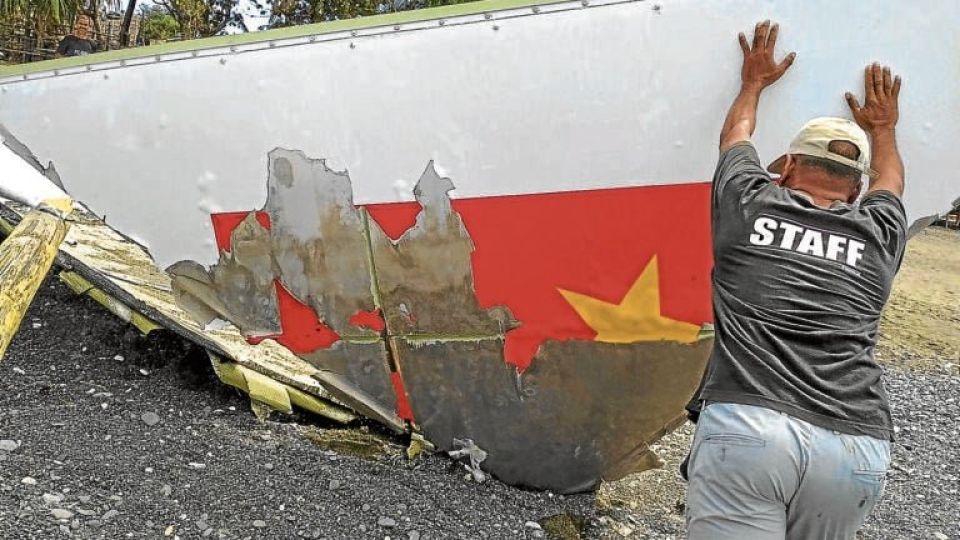September 4, 2023
MANILA, Philippines — The Philippines led 32 other nations in calling for space-faring nations to behave more responsibly in reducing threats from space, including the reentry of debris from rocket launches.
“In recent years, debris falling from rocket launches have fallen on Philippine territory, posing a hazard to communities,” the Department of Foreign Affairs (DFA) said in a statement.
The foreign office said the country’s Permanent Mission to the United Nations in Geneva drafted a joint statement and, together with the delegations of Brazil, Germany, and the Netherlands, coordinated its endorsement by 32 countries.
The DFA said career minister Kristine Leilani Salle, deputy permanent representative of the mission in Geneva, read the joint statement at the closing of the fourth session of the UN Open-Ended Working Group on Reducing Space Threats, a body under the UN Office of Disarmament Affairs, on Sept. 1 at the Palais des Nations.
“Work on elaborating norms of responsible behavior in outer space is a useful means toward addressing threats in outer space,” Salle said at the closing session of the body created specifically to establish norms, rules, and principles of responsible behavior among space-faring nations.
‘Responsible behavior’
“All activities by states in outer space must be carried out in accordance with international law. It is also important that such activities are conducted with due regard to the corresponding rights and interests of other states,” she added.
The UN General Assembly created the working group in 2022 and it has convened three times with the Philippines participating actively, through the submission of working papers.
According to the DFA, one such working paper, entitled “The Duty of ‘Due Regard’ as a Foundational Principle of Responsible Behavior in Outer Space,” looks at how the 1982 UN Convention on the Law of the Sea and its jurisprudence could help guide diplomatic work on elaborating the principle of “due regard” in outer space.
Outer space threats
Two other papers, coauthored with Germany and later on cosponsored by Nigeria, present an analysis of outer space security threats and possible recommendations to address them, it added.
These recommendations include avoiding debris-creating antisatellite missile tests, addressing misconceptions from rendezvous and proximity operations, protecting civilian infrastructure, including those used for humanitarian missions and climate change adaptation purposes, and instituting mechanisms for notification of rocket launches, the DFA said.
The foreign office noted that the Philippines’ active participation in the working group is consistent with President Marcos’ call for the international community to develop norms of responsible behavior in outer space, which he made at the General Assembly session last year.


